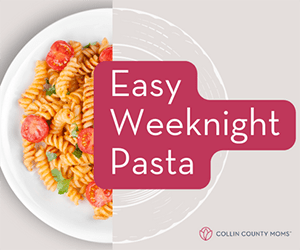
For me, the highlight of the recent presidential inauguration was Amanda Gorman reciting her poem, “The Hill We Climb.” Seeing and hearing this bright young woman express her ideas through such an inspiring facility with language gave me chills. And I wasn’t alone; her poem struck a chord with many, reminding us all of the power and beauty of the right word in the right place at the right time. Her recitation was evidence of how poetry can express big ideas in a graceful economy of words. As a parent, it was also a good reminder of how important it is that we share poetry with our kids at an early age.
If you want to introduce your child to beautiful language, poetry is the best place to start. And because a lot of poems are short, it’s also an easy place to start. Poetry is rich with descriptive imagery, unique styles and rhythms, and evocative vocabulary. It promotes facility with language, grammar, and rhyme, and invites close reading and interpretation, all of which are important academic skills. It’s also a lot of fun.
Introducing Poetry to Your Child
Poetry can seem daunting, but as far as literary genres go, it’s actually quite simple. There are few rules and pointing out the characteristics of poetry to your child can reassure him or her (and you) that poetry is for everyone:
- Poems can be about anything and usually express important feelings.
- They often play around with punctuation, grammar, and spelling.
- They can use few words.
- A poem has a unique form and shape.
- It can have rhythm and a beat.
- It has a title.
- A poem can be funny, sad, or thoughtful.
- A poem ends with a punch.
Read it. Poetry is meant to be read aloud, either by you or your child. From simple nursery rhymes to Gerard Manley Hopkins, poems possess unique aural elements that are best noticed and appreciated when they are heard. Similarly, reading a poem requires that the reader pay attention to punctuation, form, and word choice. And even young children will pay attention to a poem full of fun rhymes.
Discuss it. Instead of feeling like you have to teach your child the “meaning” of a certain poem, ask simple, open-ended questions. What do you think this poem is about? How does it make you feel? What do you like about it? Were there any words you didn’t understand? What do you think this line or phrase means? Such questions invite kids to construct meaning while also building vocabulary and developing interpretive skills.
Recite it. Memorizing and then reciting poetry builds confidence and poise, allowing children to practice not only public speaking, but also tempo, expression, and enunciation. And kids are really good at memorizing things!
Write it. Kids love writing their own poetry. Poetry allows for freedom of expression, and that is oftentimes liberating for many children, especially those who struggle with more formal writing assignments. You can either suggest that they write their own free verse or attempt to mimic a certain poem. Both will encourage creativity and the expression of ideas through words.
Where to Find Poetry
The internet is a great place to start. Libraries often have a section dedicated to poetry for children. An anthology can offer a variety of poems. Young children may engage better with books with rich illustrations. Check out poetry by Lewis Carroll, Robert Louis Stevenson, Shel Silverstein, and Emily Dickinson. For more great suggestions, visit the poetry page of Read-Aloud Revival.
A lot of people tend to think of poetry as something that kids can’t understand and won’t enjoy, but nothing could be further from the truth.













